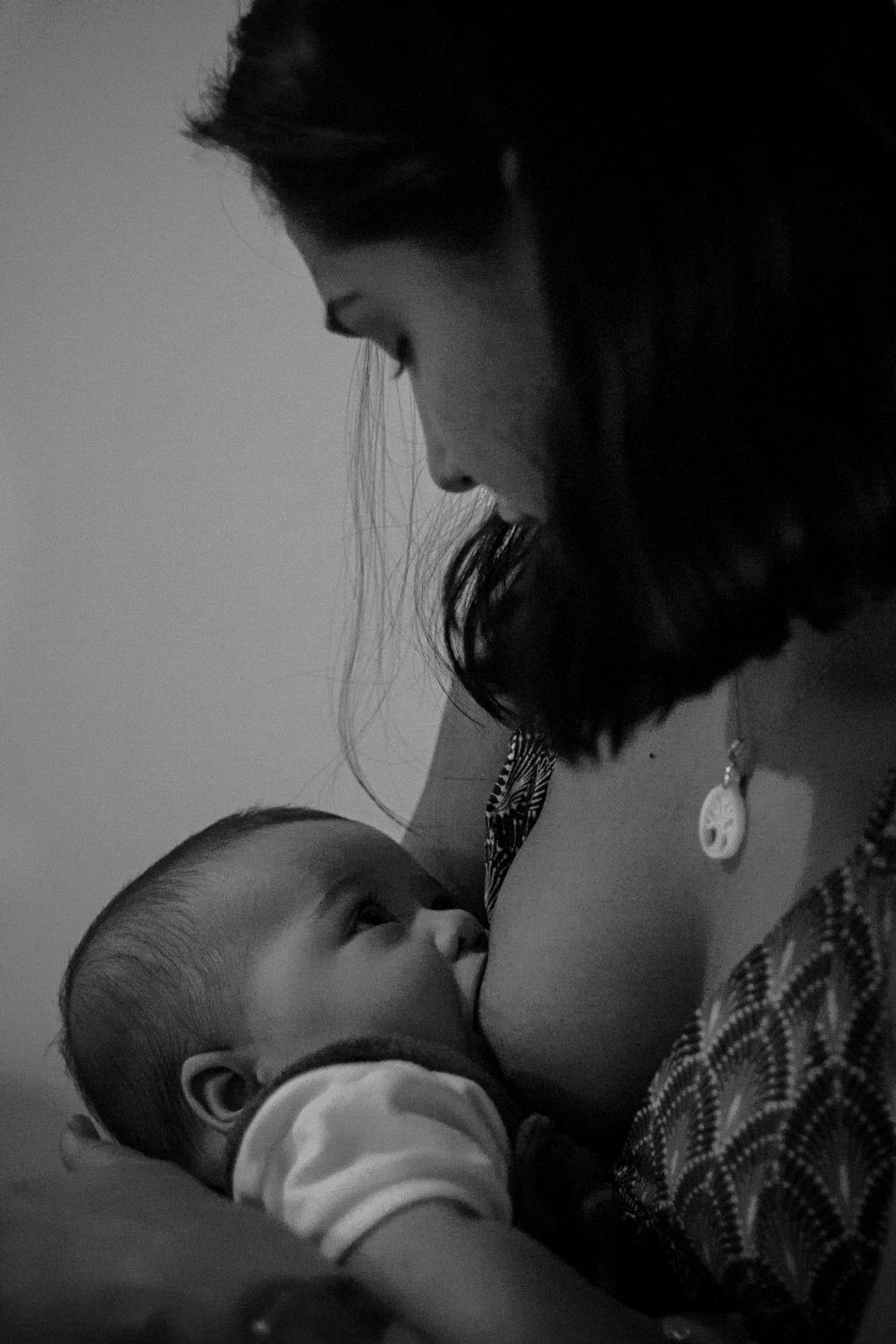Retinol is known for its powerful skincare benefits, often heralded as a holy grail ingredient for improving skin texture and reducing the signs of aging. However, when it comes to using retinol while breastfeeding, caution is advised. The general consensus among healthcare professionals is that it is best for breastfeeding moms to steer clear of products containing retinol.
During pregnancy and breastfeeding, what you put on your skin has the potential to be absorbed into your bloodstream and potentially affect your baby. Retinol, a form of vitamin A, is one such ingredient that has been flagged for its potential risks when used during pregnancy and breastfeeding. While more research is needed to fully understand the impact of retinol on breastfeeding infants, erring on the side of caution is recommended.
Some studies suggest that high doses of vitamin A, such as those found in retinol products, can be harmful to developing fetuses and nursing babies. While topical application of retinol may not have the same systemic effects as oral ingestion, it is still best to exercise caution and opt for safer skincare alternatives while breastfeeding.
Given the lack of conclusive evidence on the safety of using retinol while breastfeeding, it is advisable for nursing moms to consult with their healthcare provider before incorporating any retinol-based products into their skincare routine. Your healthcare provider can provide personalized guidance based on your individual health status and the specific product you are considering.
When it comes to skincare during breastfeeding, there are plenty of safe and effective alternatives to retinol that can help address common skin concerns. Ingredients like hyaluronic acid, vitamin C, and niacinamide are popular choices for breastfeeding moms looking to maintain healthy skin without the potential risks associated with retinol.
It’s important to remember that everyone’s skin is unique, and what works for one person may not work for another. If you are unsure about which skincare products are safe for use during breastfeeding, consider seeking out brands that specialize in pregnancy and breastfeeding-safe formulas, or consult with a dermatologist for personalized recommendations.
While the allure of retinol’s skin-rejuvenating properties may be tempting, the potential risks of using retinol while breastfeeding outweigh the benefits. The safety of your baby should always be the top priority, and choosing gentle, pregnancy-safe skincare alternatives is a responsible choice for nurturing both your skin and your little one.
Ultimately, the decision to use retinol while breastfeeding is a personal one that should be made in consultation with your healthcare provider. By staying informed about the potential risks and benefits of skincare ingredients like retinol, you can make empowered choices that prioritize the health and well-being of both you and your baby.
Remember, there’s no shortage of effective skincare options available, so don’t feel pressured to use a product that may pose risks during this critical period. Your skin can still thrive with the right combination of gentle, nourishing ingredients that support its health and vitality while ensuring the safety of your breastfeeding baby.
In conclusion, while the use of retinol while breastfeeding remains a topic of debate, the prevailing advice leans towards avoiding it to minimize potential risks. Prioritize safety and consult with your healthcare provider for personalized skincare recommendations that support both your skin’s needs and your baby’s well-being during this special time.

